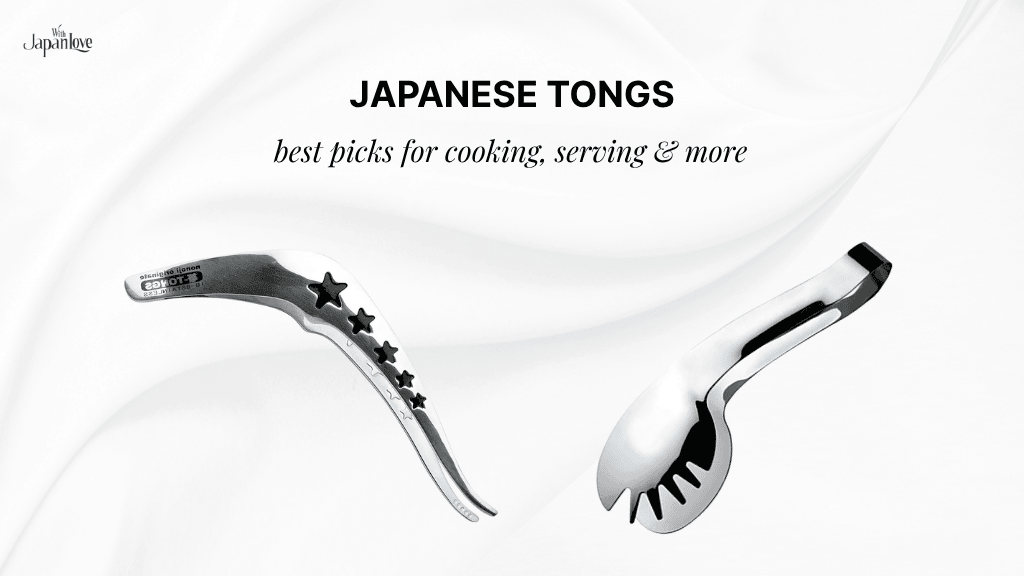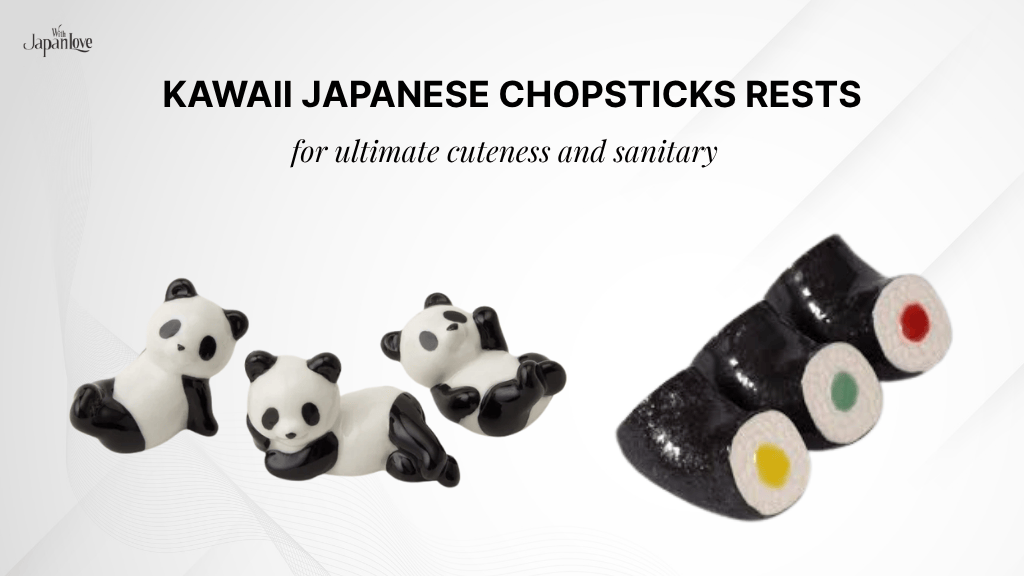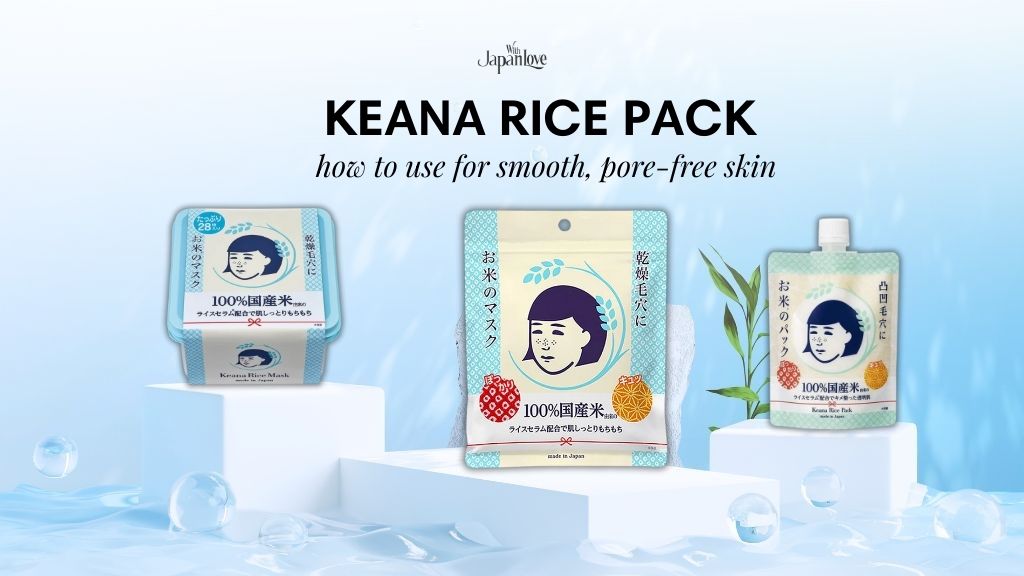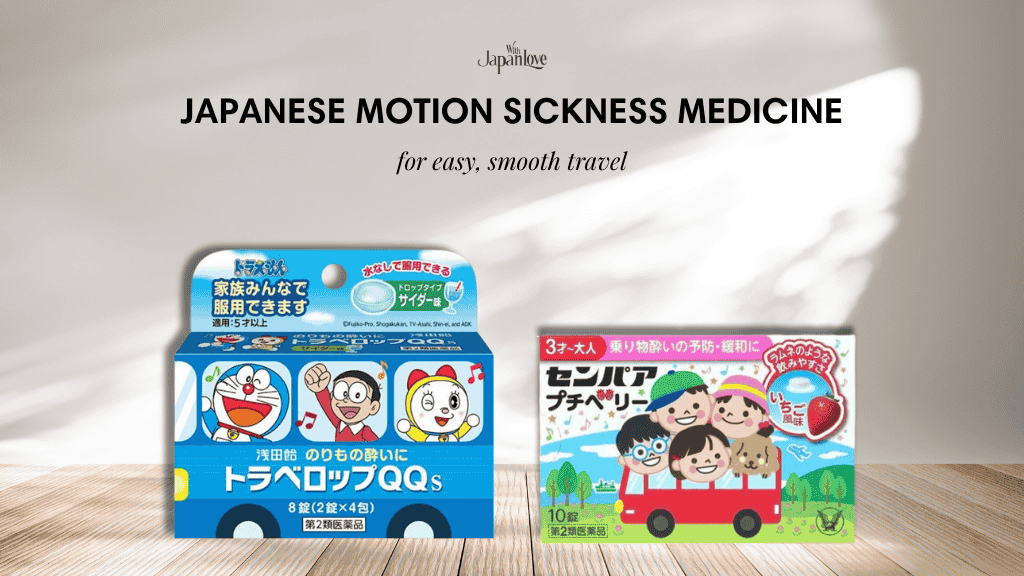Sun protection is crucial for everyone, but especially for those with sensitive skin. Harsh sun exposure can trigger irritation, redness, and even worsen existing skin conditions. The good news is that Japanese sunscreens are renowned for their elegant formulations and focus on sensitive skin.
This guide is here to help you navigate the world of sun blocking and find the best Japanese sunscreen for sensitive skin. Keep reading as Japan With Love will break down the key features to look for, introduce some popular recommendations, and offer additional tips to ensure you get the best possible sun protection.
>>> Related post: Shiseido sunscreen review: Is it worth the hype or just advertise?
1. Understanding sun protection needs
Sun protection is essential for everyone, regardless of skin type. While sensitive skin might be more prone to irritation, it actually has a greater need for sun protection.
-
Sensitive skin reacts more easily: The delicate nature of sensitive skin means it reacts more readily to external aggressors, including the sun's ultraviolet (UV) rays. Sun exposure can trigger redness, burning, itching, and even worsen conditions like rosacea or eczema.
-
Sun damage is cumulative: Even brief sun exposure adds up over time. This cumulative damage can lead to premature aging, wrinkles, and increase the risk of skin cancer. Consistent sun protection helps prevent this long-term damage, even for sensitive skin.
Now, let's take a closer look at the two main types of UV rays and how they impact the skin:
-
UVA Rays: UVA rays penetrate deep into the skin's dermis, the supportive layer. They contribute to premature aging, wrinkles, and weakened skin structure. UVA rays are also present year-round, even on cloudy days.
-
UVB Rays: UVB rays are responsible for sunburns. They damage the skin's surface layers (epidermis) and can cause redness, burning, and peeling. UVB rays are strongest during peak sun hours (10 am - 4 pm).

Related Post: Japanese Sunscreen for Oily Skin
2. Japanese sunscreen for sensitive skin: Decoding the labels
Japanese sunscreens, especially those Japanese sunscreen for sensitive skin, offer a unique labeling system that provides clear information about sun protection. Here, we'll decode the two main ratings you'll encounter: SPF and PA.
2.1. SPF (Sun Protection Factor)
This number indicates how effectively a sunscreen protects against UVB rays, the rays that cause sunburn:
- SPF 30+ blocks about 97% of UVB rays.
- SPF 50+ blocks about 98% of UVB rays.
For most people, especially those with sensitive skin, an SPF 30+ sunscreen offers sufficient protection. However, if you have very fair skin, spend extended time outdoors, or are prone to sunburn, consider an SPF 50+ sunscreen for extra defense.
2.2. PA (Protection Grade of UVA)
This rating system indicates the level of protection against UVA rays, the deeper-penetrating rays that contribute to aging and skin damage. Unlike SPF, PA doesn't have a numerical value. Instead, it uses plus signs (+):
- PA+: Some UVA protection.
- PA++: Moderate UVA protection.
- PA+++: High UVA protection.
- PA++++: Extremely high UVA protection.
It's best to choose a Japanese sunscreen for sensitive skin with a PA rating of PA+++ or ideally, PA++++. This ensures broad-spectrum protection against both UVA and UVB rays, minimizing irritation and sun damage.

3. Key features of sunscreen for sensitive skin
Choosing the right Japanese sunscreen for sensitive skin is all about finding a gentle formula that offers effective protection without irritation. Here are some key features to look for:
-
Fragrance-free and alcohol-free: When choosing a Japanese sunscreen for dry sensitive skin, avoid products with alcohol, as it can strip moisture and irritate delicate skin. Opt for sunscreens clearly labeled "alcohol-free" and "fragrance-free" to reduce the risk of redness, itching, or burning.
-
Mineral sunscreens: These sunscreens, also called physical blockers, sit on top of the skin and deflect UV rays. Mineral sunscreens formulated with zinc oxide or titanium dioxide are generally gentler on sensitive skin compared to chemical sunscreens.
-
Chemical sunscreens: Chemical sunscreens absorb UV rays and convert them into heat, which is then released from the skin. While some chemical sunscreens can be suitable for sensitive skin, mineral sunscreens are often a better choice due to their lower risk of irritation.
-
Moisturizing ingredients: Sensitive skin often lacks moisture, so choosing a sunscreen with hydrating ingredients is beneficial. Look for sunscreens that contain hyaluronic acid or ceramides. Hyaluronic acid attracts and retains moisture in the skin, while ceramides help strengthen the skin's natural barrier.

4. Best Japanese sunscreen for sensitive skin
Finding the perfect sunscreen is a personal choice, but here are 3 popular Japanese sunscreens formulated for sensitive skin, offering a variety of textures to suit your preference:
4.1. Kao Biore UV Aqua Rich Watery Essence (SPF50+ PA++++)
This lightweight lotion contains hyaluronic acid for hydration and is formulated with mineral sunscreen ingredients, making it gentle on sensitive skin. Its watery texture absorbs quickly and leaves a non-greasy finish.

Shop it here: Biore UV Aqua Rich Watery Essence Large Size 110g
4.2. Rohto Skin Aqua Super Moisture Milk (SPF50+ PA++++)
This fragrance-free, milk sunscreen is another excellent option for sensitive skin. It contains hyaluronic acid and ceramide to hydrate and strengthen the skin barrier. The milk texture is lightweight and absorbs quickly without leaving a greasy residue. Check out our Skin Aqua Sunscreen Review to know if lives up to the hype for sensitive skin.

Buy yours now: Skin Aqua Super Moisture Milk Sunscreen Pink SPF50+/PA++++ 40mL
4.3. Canmake Mermaid Skin Gel UV (SPF50+ PA++++)
This fragrance-free Japanese sunscreen for dry sensitive skin provides a dewy finish, making it perfect for normal to dry skin types. Formulated with marine collagen, it delivers extra hydration while being gentle enough for daily use.

Add to cart: CanMake Skin Gel Tokyo Mermaid UV Sunscreen 01 Transparent SPF50+ PA++++ 40g
5. To wrap it up
Choosing the best Japanese sunscreen for sensitive skin doesn't have to be complicated. By understanding your sun protection needs, deciphering Japanese sunscreen labels, and focusing on gentle formulas, you can find a sunscreen that offers effective protection without irritation.
Japanese sunscreen for sensitive skin are renowned for their innovative ingredients and focus on sensitive skin. With a variety of textures and gentle formulations to choose from, you're sure to find the perfect match for your delicate skin.
Ready to explore the world of Japanese sunscreens? Browse our curated selection of sunscreens at Japan With Love and find your perfect match for a happy, healthy glow!


















Share:
How to double cleanse? 2-step ritual for clear, balanced skin
DHC Collagen review comprehensive: A must-read before you buy